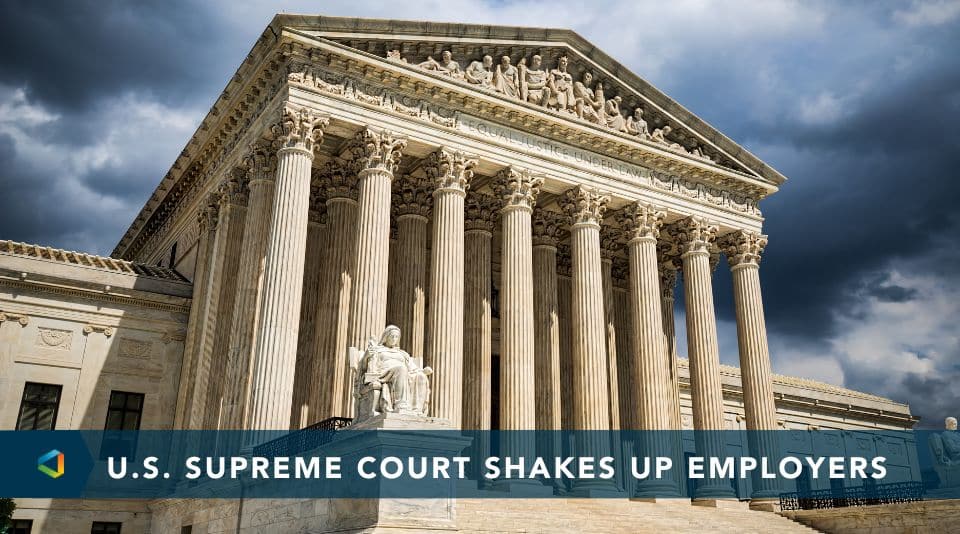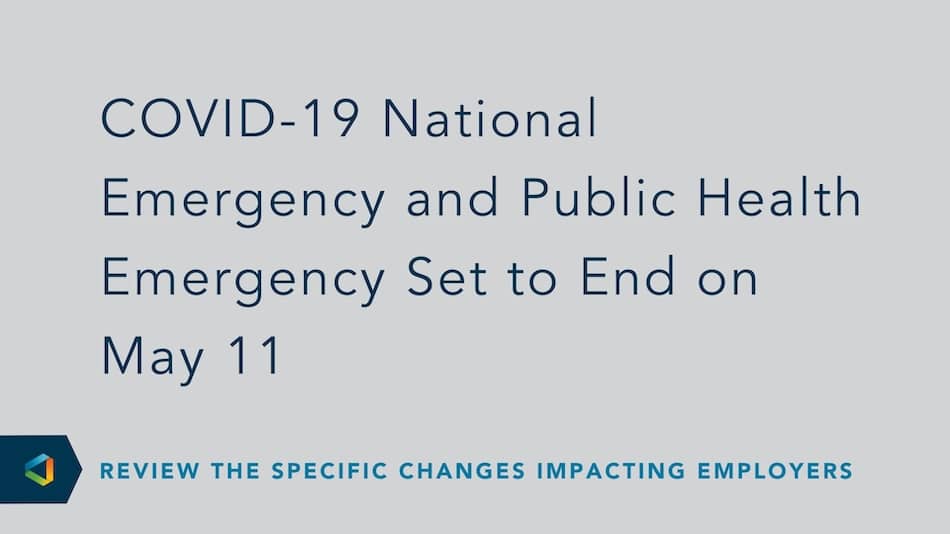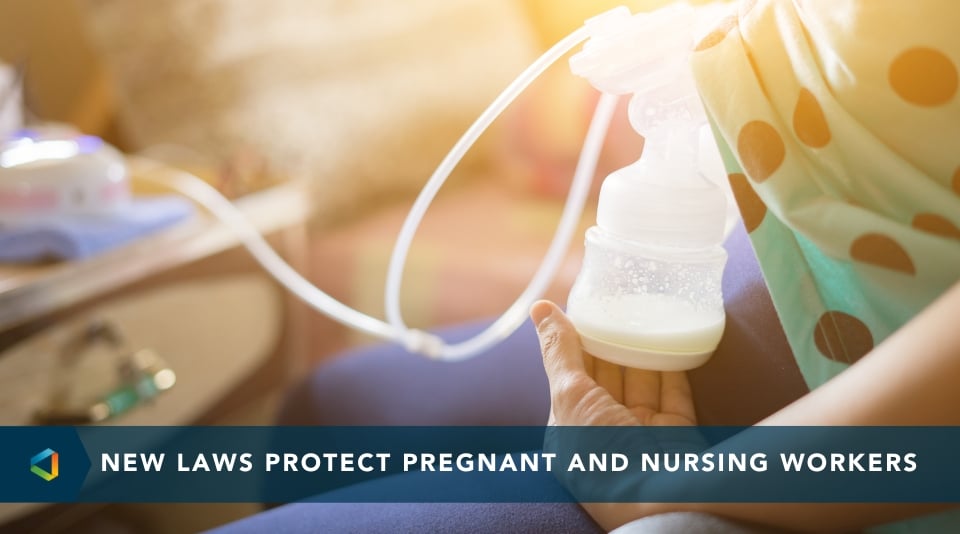Compliance Confidence
EEOC Issues New Q&As on Religious Objections to COVID-19 Vaccine Mandates
EEOC Issues New Q&As on Religious Objections to COVID-19 Vaccine Mandates
The Equal Employment Opportunity Commission (EEOC) issued new questions and answers to religious objections to COVID-19 vaccine mandates.
The answers are meant to guide employers trying to navigate the ever-changing landscape of the COVID-19 pandemic, its related vaccinations and employer vaccine mandates, and the potential conflicts some employees have with vaccinations due to sincerely held religious beliefs.
The Q&As focus mainly on the process employees and employers must undertake to request religious accommodation to a vaccine mandate and what factors employers should consider when determining whether to grant an accommodation.
What should an employee do to request a religious accommodation?
Question L.1 states that employees must inform their employer that they are requesting an exception to a vaccination requirement. While there are no “magic words” that need to be used, the employee does need to let their employer know that there is a conflict between their sincerely held religious belief and the employer’s vaccination requirement.
How does the EEOC define religion?
The EEOC follows Title VII’s definition of religion, which states that religion includes “all aspects of religious observance and practice, as well as belief, not just practices that are mandated or prohibited by a tenet of the individual’s faith.” Employers may be unfamiliar with an employee’s religious beliefs. However, unfamiliarity should not be the basis for denying an accommodation. Instead, the employer may ask the employee to explain the nature of their belief. Objections to vaccination for political or social reasons do not qualify as religious beliefs.
Many employers have wondered if they must accept any religious objection at face value. Question L.2 says that employers should assume that a request for religious accommodation is based on a sincerely held religious belief. However, if the employer has an objective basis for questioning the sincerity or religious nature of the belief, they can make a limited factual inquiry and seek supporting information. This inquiry can include asking for an explanation of how the employee’s religious belief conflicts with the vaccination requirement. Employees who refuse to cooperate with these requests risk losing later claims that their employer illegally denied their accommodation.
Must all religious accommodations be granted?
Question L.3 states that employers do not have to grant all religious accommodations, even if the request is based on a sincerely held religious belief. If the employer can show that accommodating an employee’s religious belief would cause an “undue hardship” on their business operations, they do not have to provide accommodation. Each accommodation request is unique. Whether or not an undue hardship exists will depend on the particular facts and circumstances in the workplace at the time of the request. It is possible that the same employer may grant the accommodation for one employee but deny it for another depending on the particular facts and circumstances of their job and their request. Employers should always consult with legal counsel when determining whether to approve or deny an accommodation.
While all requests for accommodation are unique, courts have ruled that undue hardship may exist when one of the following circumstances exist:
- The religious accommodation would impair workplace safety
- The religious accommodation would diminish efficiency in other jobs
- The religious accommodation would cause coworkers to carry the accommodated employee’s share of potentially hazardous or burdensome work
The EEOC gives some COVID specific guidance for employers to consider when an employee requests a religious accommodation, including whether the employee:
- Works outdoors or indoors
- Works in a solitary or group setting
- Has close contact with other employees or members of the public (especially medically vulnerable individuals)
- Is a part of a group of other employees seeking a similar accommodation
What if circumstances change?
Question L.6 lets employers know that the obligation to provide religious accommodations takes into account changing circumstances. Employers do have the right to stop previously granted accommodations if the religious belief or practice changes or if the granted accommodation proves to cause an undue hardship after it was granted. As always, employers should work with employees and with legal counsel before revoking a religious accommodation.




